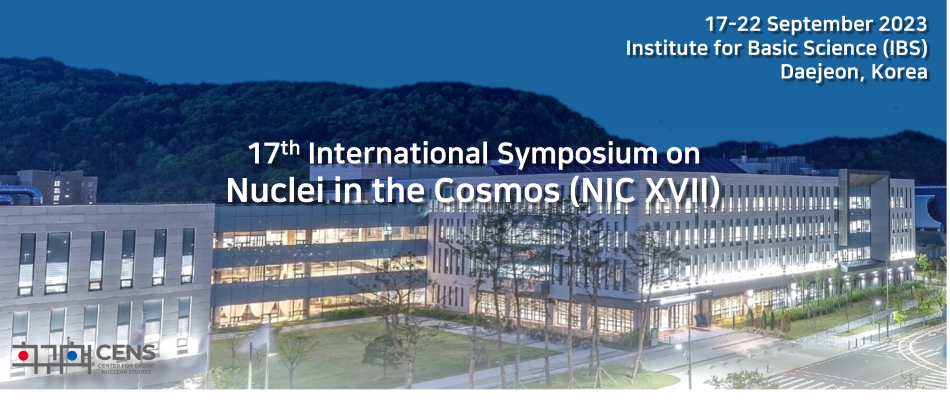Speaker
Description
The Triangle Universities Nuclear Laboratory (TUNL) is home to one of the only functioning magnetic Enge split-pole spectrographs in North America. The spectrograph was recommissioned in 2017 and has been used to perform a suite of experiments aimed at constraining nucleosynthesis in stars. An overview will be presented of the successful experiments and results that have been performed at the facility in the last 5 years. These include constraining the 18F(p,a)15O reaction, a key reaction in understanding gamma-ray signals from classical novae; measurements of states important for the 17O(a,n)20Ne which strongly affects the s-process efficiency in rotating massive stars; and determining the spin-parities of resonances in the 39K(p,g)40Ca reaction, reducing its reaction rate uncertainty by over factor of 10. The high resolution of the spectrograph coupled with a dedicated high-precision beamline at TUNL enables us to differentiate closely-spaced energy levels astrophysics that are currently impossible in inverse kinematics. A modern statistical analysis pipeline will also be showcased, which helps drive particle transfer reaction measurement analysis for astrophysics into a new era.

